In Vivo Preclinical Mouse Models
Industry-leading tumor bank featuring over 1,500 clinically annotated, deeply characterized mouse models for preclinical evaluation of next-generation cancer therapies
- Preclinical Oncology CRO Services | Clinical Trial Specialty Testing
- In Vivo Preclinical Models
Why Choose Champions Oncology?
Drug development scientists have determined that selecting patient-derived xenografts mirroring the current patient population can drive the success of oncology translational strategies. With the most deeply characterized, clinically annotated, biologically relevant bank of PDX models, Champions is your oncology partner.
Clinically Relevant Models
A diverse bank of in vivo preclinical models that strongly correlates with clinical outcomes
Pretreated Models for Research
The largest bank of PDX models pretreated with latest generation targeted therapies
Multi-omic Characterization
Clinical annotations coupled with multi-omic molecular datasets and in vivo responses
Your Oncology Research Partner
Delivering tailored consultations from scientists with Extensive Experience in Oncology
Identify the Best In Vivo Mouse Models for your Study
In vivo preclinical models play a vital role in cancer research, and choosing the right model is essential for developing effective therapies. Our scientists collaborate with you, working as an extension of your team, providing expert advice, and assisting you in selecting the most suitable models for your study.
Identify the Best In Vivo Model for your Study
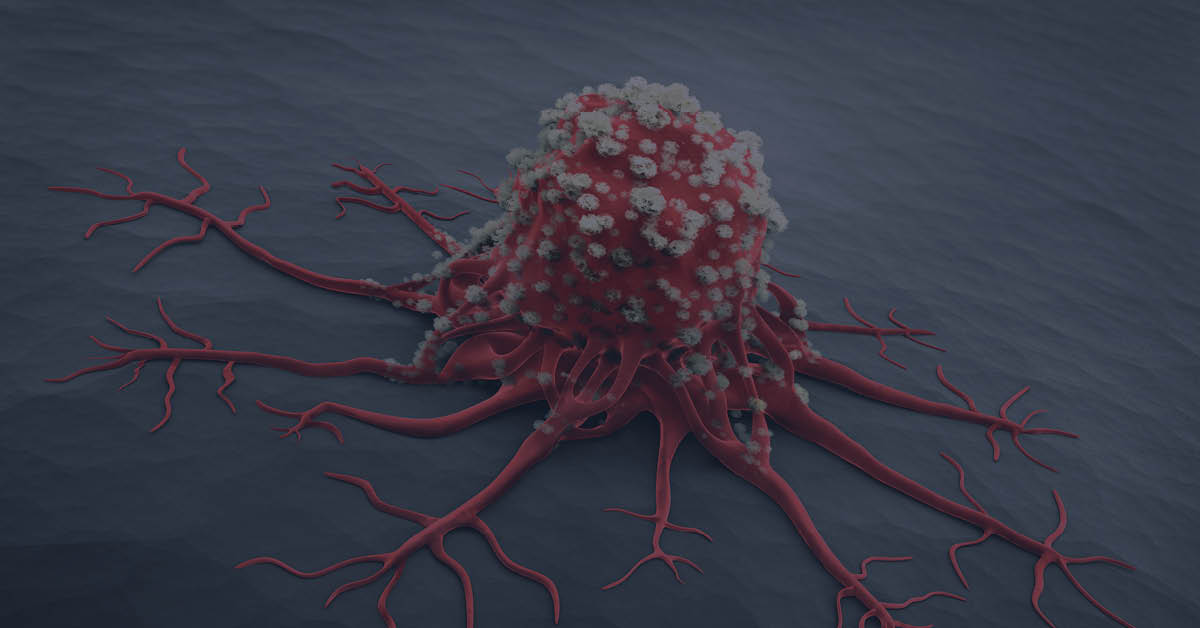
SOLID TUMOR PDX MODELS
Over 1,500 clinically relevant TumorGraft® models with correlation to clinical outcomes
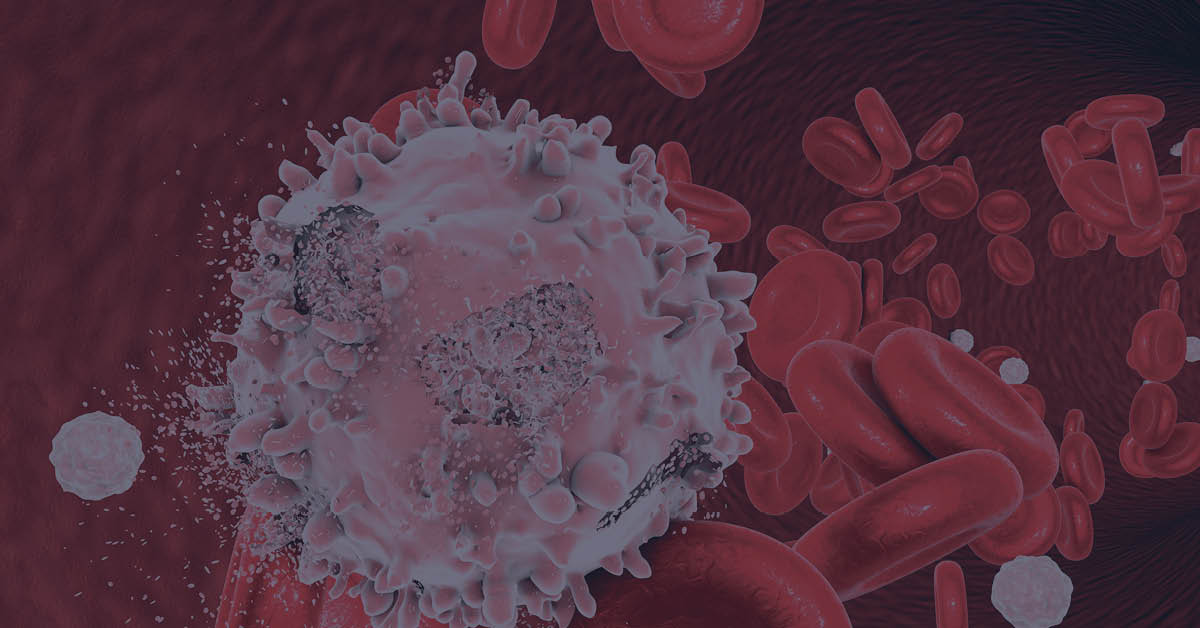
HEMATOLOGICAL MODELS
A unique collection of primary never-passaged patient samples, accurately mirroring the heterogeneity of hematologic malignancies
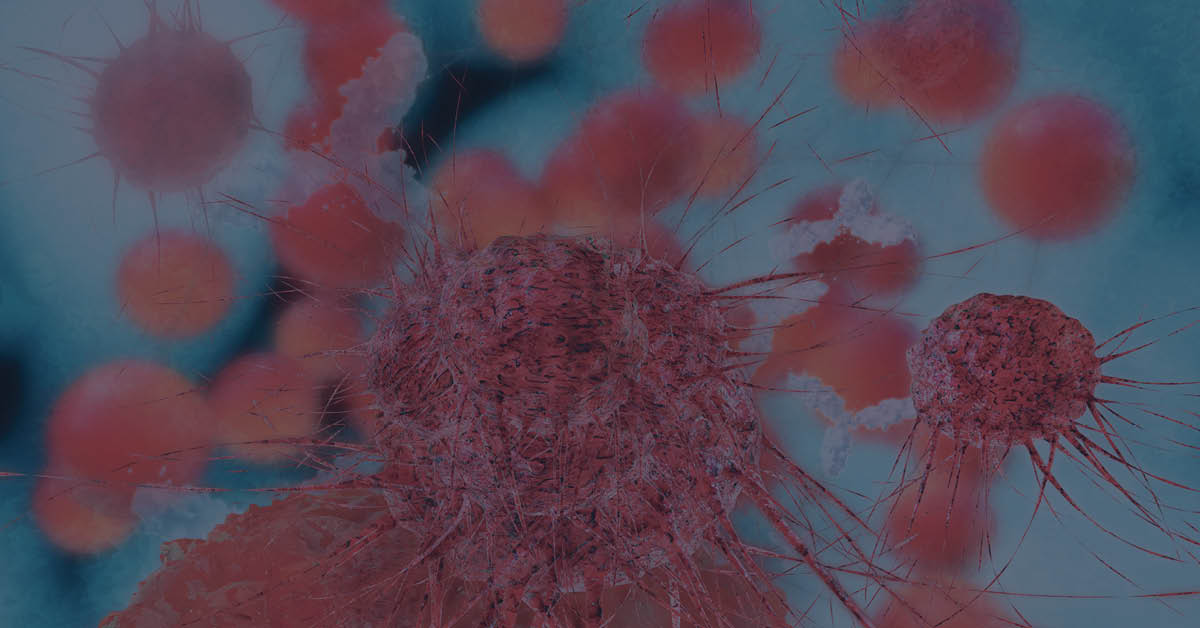
SYNGENEIC MODELS
A collection of murine models across multiple indications, with a complete and functional mouse immune system
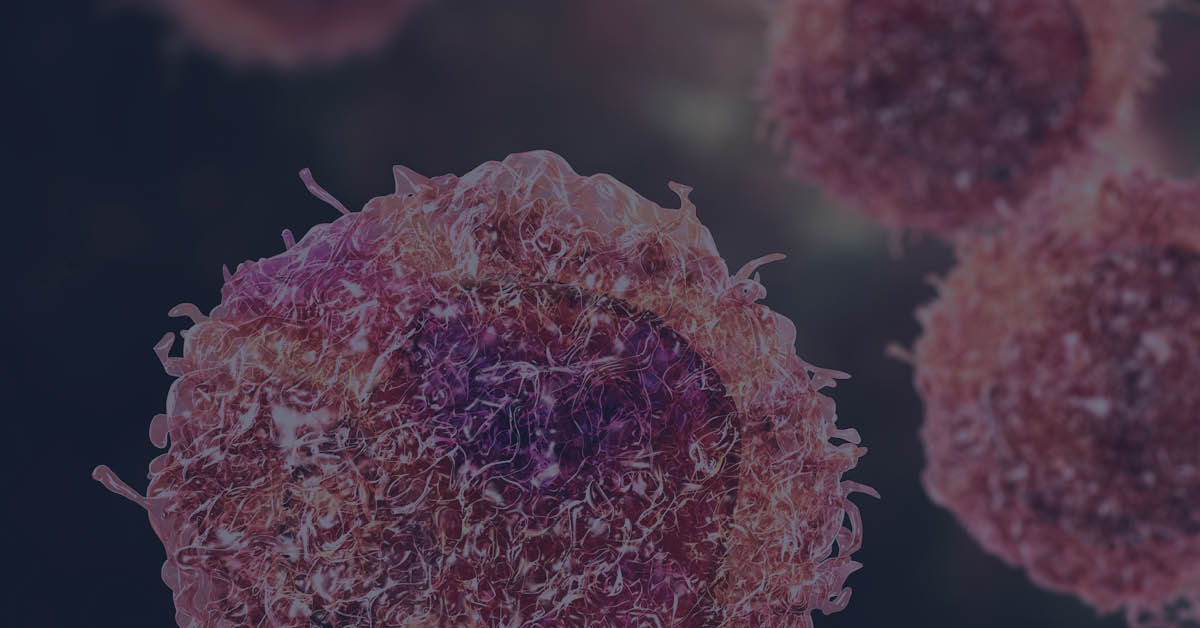
CDX MODELS
Over 100 cell-line derived xenograft mouse models to determine the efficacy of therapeutics
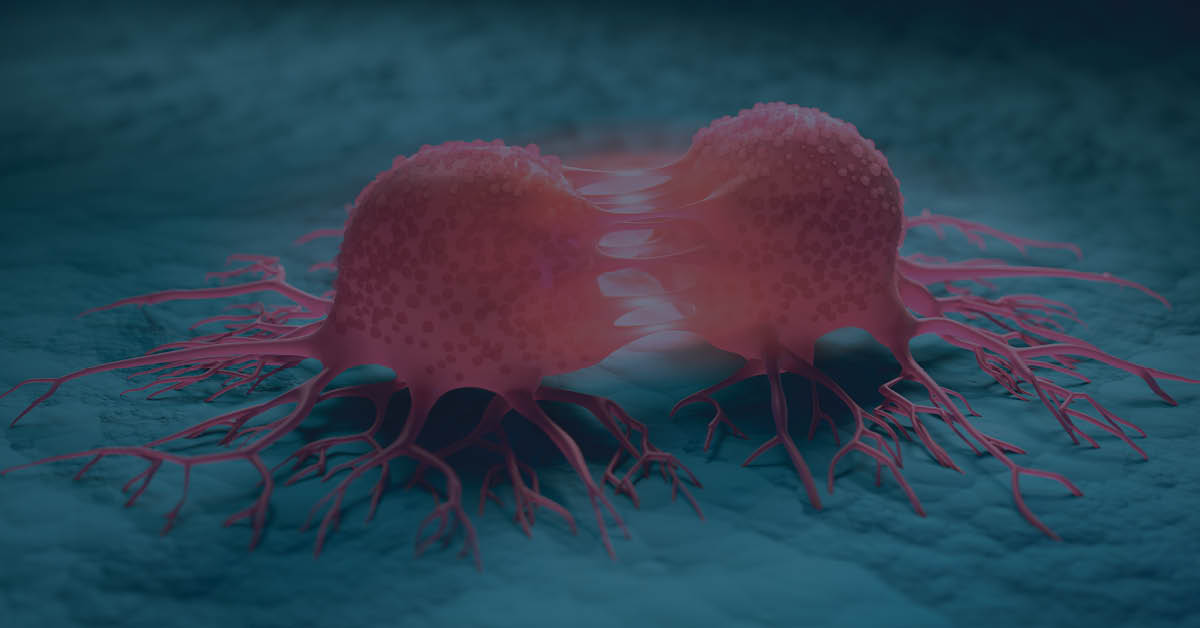
HUMANIZED MODELS
A diverse portfolio of Champions' ImmunoGraft® to assess the effect of therapeutics on functional components of the human immune system
"Champions is a great CRO to partner with. Their models provide reliable data that closely mirrors human tumor biology, significantly accelerating our drug development processes."
___________________________________________________
"We are extremely impressed with the PDX models at Champions. Their models helped us predict clinical efficacy."
___________________________________________________
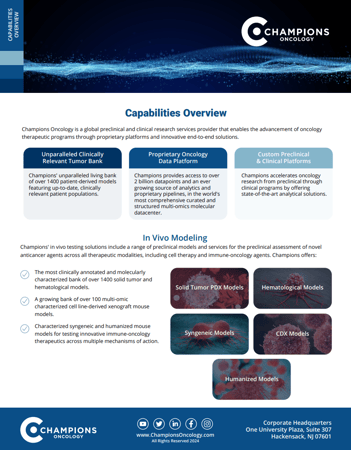
How do I choose the best In Vivo Preclinical Model?
The best cancer model for your research depends on your study’s goals, the type of cancer, and the mechanism of action of your candidate treatment. While cell line-derived xenografts (CDXs) and murine models are often used in the early stages of drug development, Patient-Derived Xenografts (PDXs) represent the most translational preclinical models for evaluation of anticancer agents that directly target tumor cells. PDX models grown in the presence of reconstituted human immune and stromal environments are the ideal solution to study the efficacy of test agents that exert their anticancer activity by interacting with the tumor microenvironment and/or activating the immune system. Aligning your research objectives with these model types will help you choose the most effective option.
Making sure that the selected animal host includes all the cellular components and signaling required to give insight into the drug mechanism of action is also very important. For this reason, it is fundamental to get the partner CRO’s scientific team working as an extension of your own team on the best experimental design leading to a smooth preclinical experience and faster bench-to-bed side transition.
What should I consider when selecting an In Vivo Preclinical Model?
When designing a study, choosing a model that faithfully mirrors the current patient population is fundamental. Criteria for selection often include a specific molecular profile, expression of targets of interest, and a comprehensive clinical annotation including pretreatment history. The level of molecular characterization and clinical annotation of PDX models plays a significant role not only for accurate model selection but also in data interpretation and patient stratification.
The availability of information related to a model performance on study is also very important: tumor growth kinetics, and heterogeneity, two essential parameters to be taken into account during the study design, and the availability of appropriate readouts are all key points when selecting a research partner.
With extensive experience across all therapeutic modalities, our team is positioned to guide you through in vivo preclinical model selection and help design a study to advance your programs.
What are the different endpoints available for my In Vivo Preclinical Model studies?
In Vivo preclinical model efficacy studies can be complemented by a variety of endpoint analyses, to generate further insights in addition to tumor growth inhibition (TGI) or survival analyses.
Next-Generation Sequencing, can help with stratification of responders and non-responders, or enable the identification of molecular changes associated with resistance mechanisms.
Flow Cytometry and Luminex are complementary datasets often used to evaluate the extent of infiltration and functional status of the immune cells as read out when evaluating the efficacy of immunotherapy in syngeneic or humanized PDX models.
This additional data can be used to:
Develop companion biomarkers for patient stratificationBetter understand the mechanism of action and resistance and suggest possible combinatorial treatments
